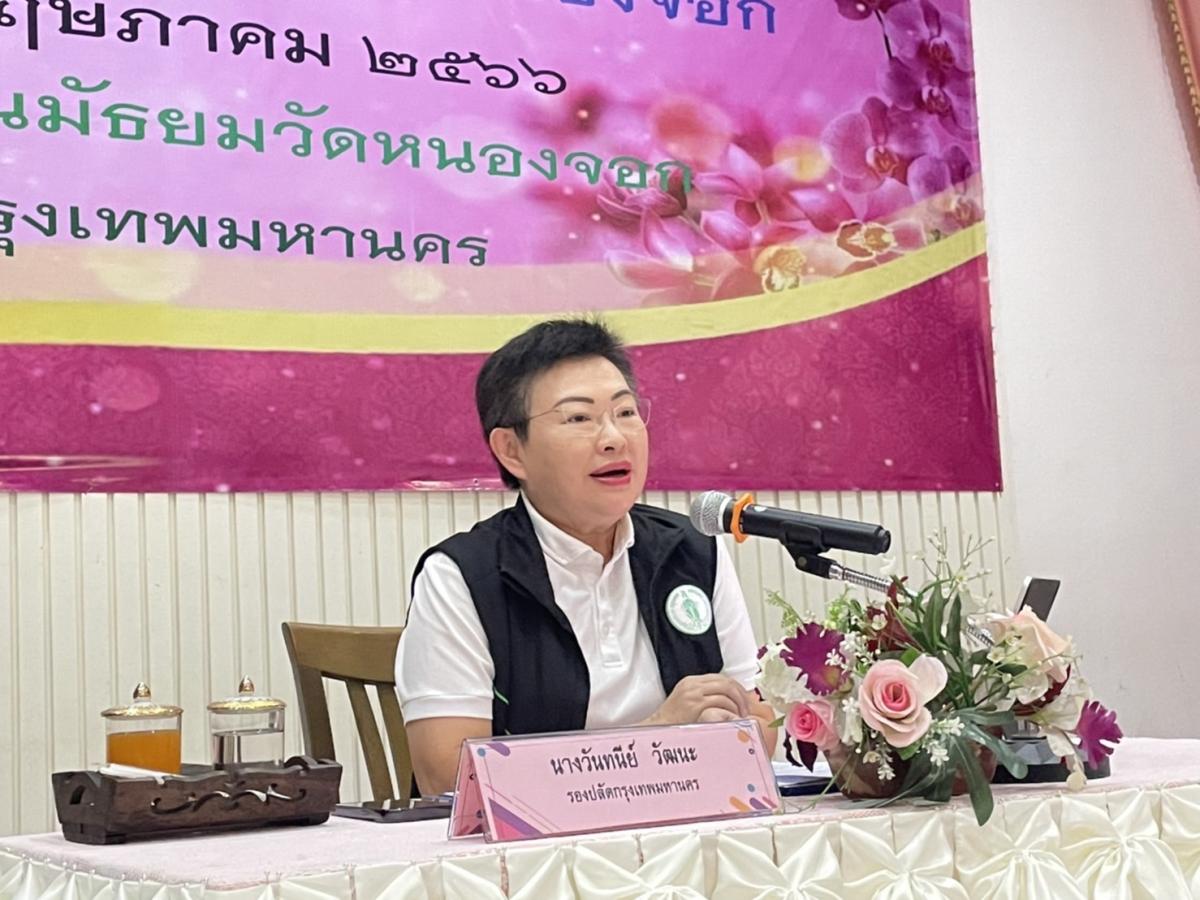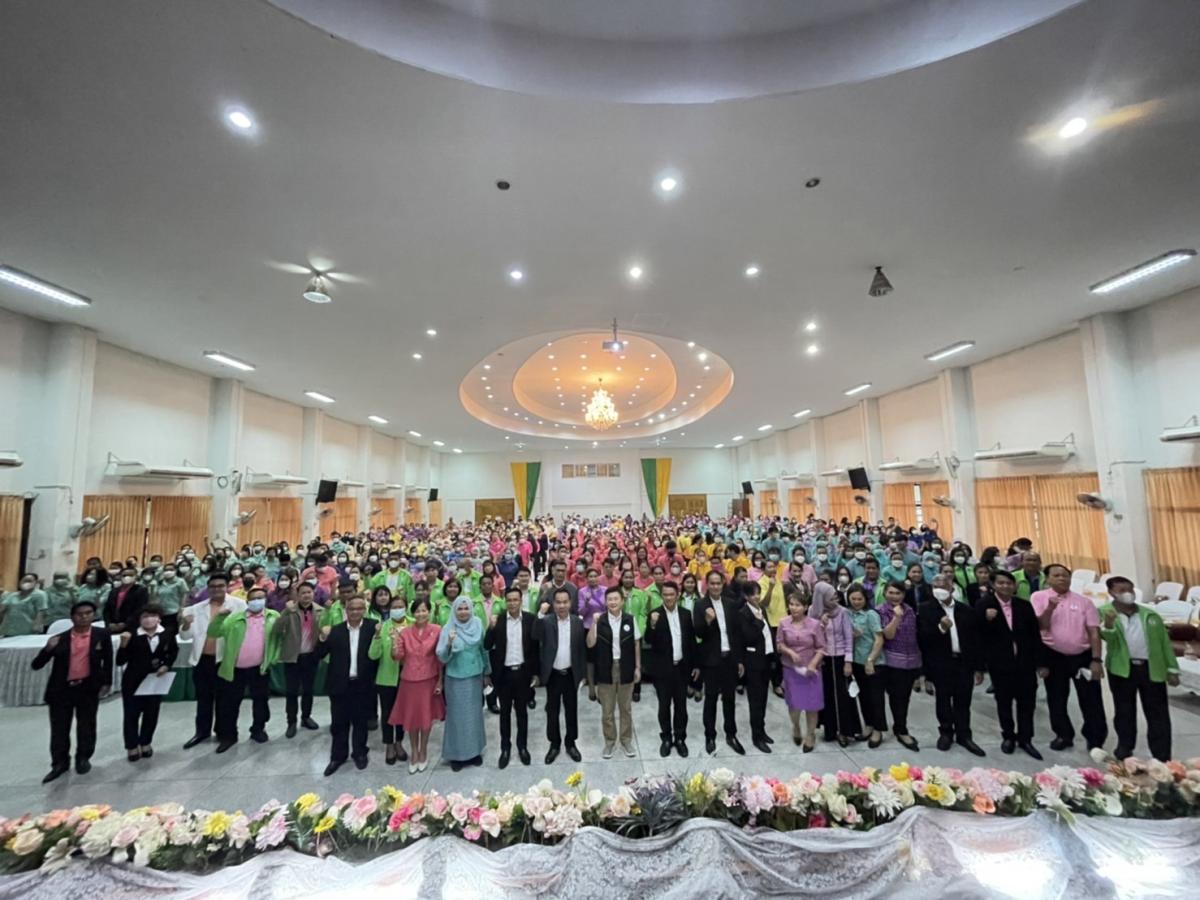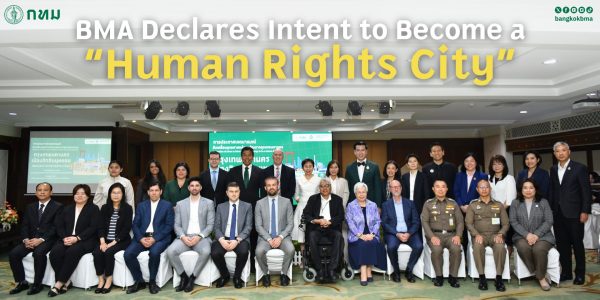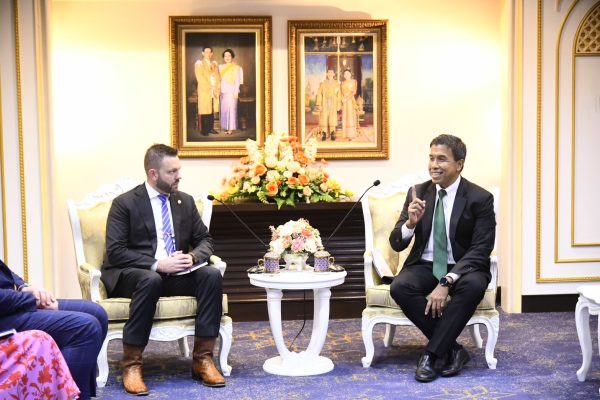*BMA introduces new ‘learning’ guidelines for schools in Bangkok*
The Bangkok Metropolitan Administration (BMA) has come up with guidelines to improve education in schools that fall under its jurisdiction.
The guidelines along with Bangkok governor Chadchart Sittipunt’s policies were presented to teachers under the Nong Chik district office by deputy BMA permanent secretary Dr Wantanee Wattana on Saturday.

Praising school executives and teachers for implementing Chadchart’s “Learning School” concept, she also highlighted BMA’s plan to improve schools under his policy of good learning in three areas:
• Children aged two to six: Children can enrol in pre-kindergarten when they turn three, while those aged four and five can enter Kindergarten 2 and 3 respectively. The aim will be to get children to enrol in kindergartens near their homes, while housing will be provided for teachers.
The BMA is also hoping to change kindergartens from being mere “playschools” to actually teaching and preparing children for Grade 1. A special evaluation system will also be introduced.
• Teachers’ and students’ welfare: Teachers’ jobs outside of teaching, like administration and food disbursement, etc, will be removed so they have more time to focus on teaching. Administrative tasks have been outsourced, while the Bangkok of Education Management Information System (BEMIS) has been adopted to help teachers document students’ registration and performance.
• New curriculum and digital classrooms: BMA will work on protecting children’s rights and boosting participation among students, teachers, parents, external networks and agencies on issues such as uniforms, hairstyles etc.
City Hall is also sending officials to the homes of school dropouts to see how they can be helped.
Apart from this, the city has also taken steps to protect children from air pollution by stalling air purifiers in schools.
BMA is also monitoring schools for threats like drugs, cannabis, tobacco, Covid and dengue fever, as well as educating students on protecting themselves.
In addition, Wantanee said, BMA aims to promote analytical thinking by applying the “unplugged coding” principle or studying without computers among young children and “plugged coding” or studying with computers for students in Grades 4 and above.
The principles are being applied at the Thai Niyom Songkhro School in Bang Khen district, she said.
BMA is currently working on building computer rooms and hiring relevant teachers to promote the use of computers in both teaching and learning, she said.
The city’s education department is also working on making children comfortable with both English and Chinese, so they can communicate in multiple languages, she added.
Also on the cards is career guidance, so students have an idea of what they will grow up to do and can opt for relevant special courses. Wantanee said young children are pliable and can be moulded, a task that becomes tougher as they get older.




